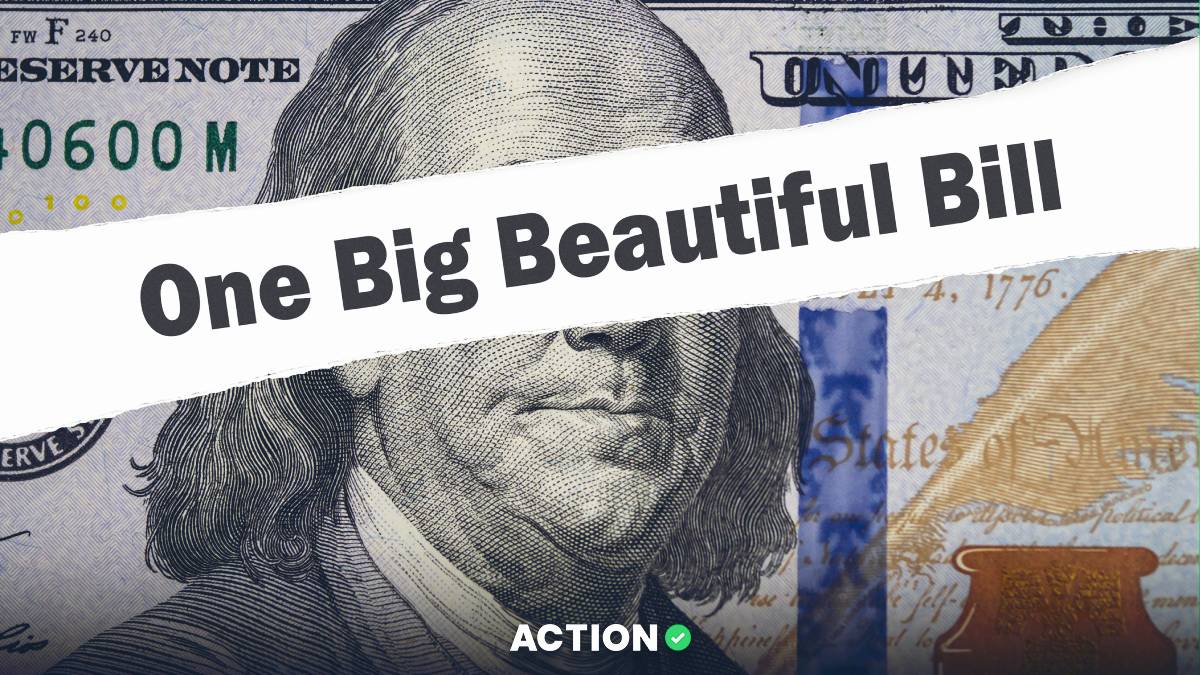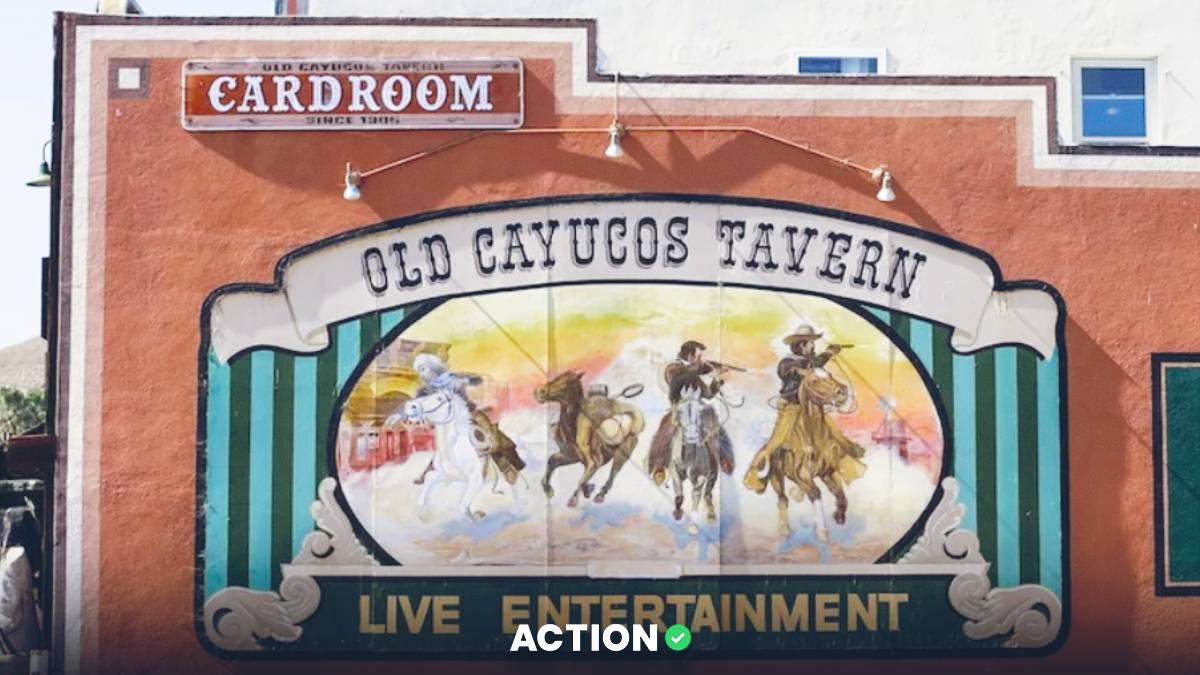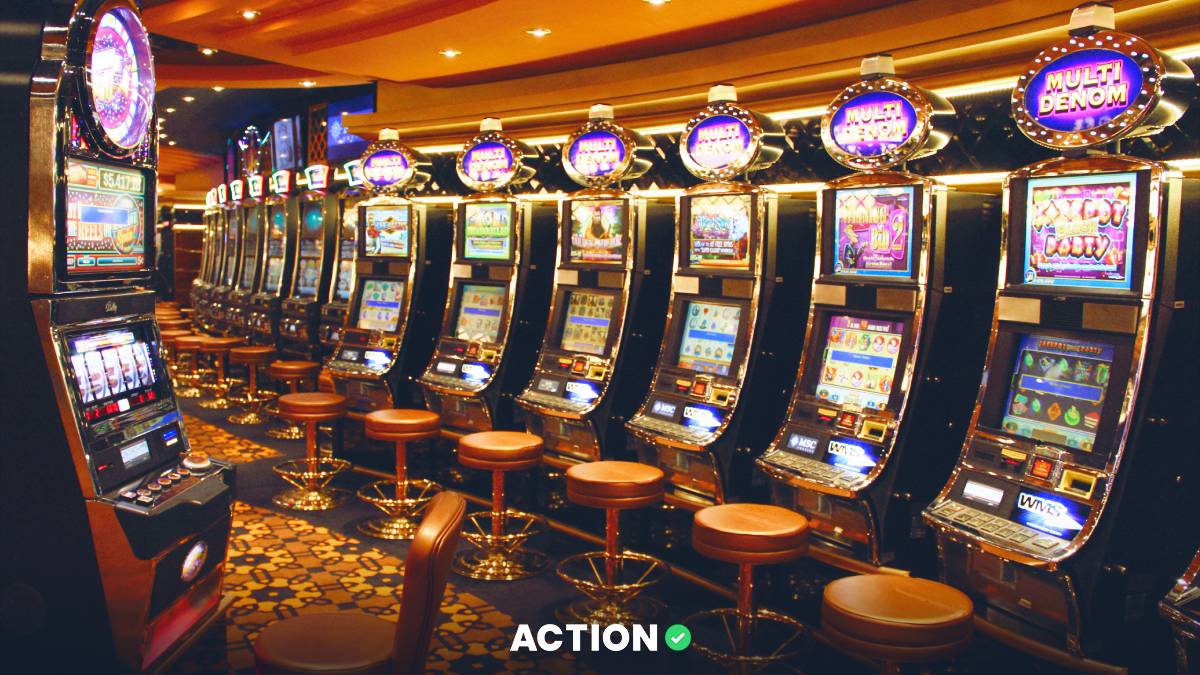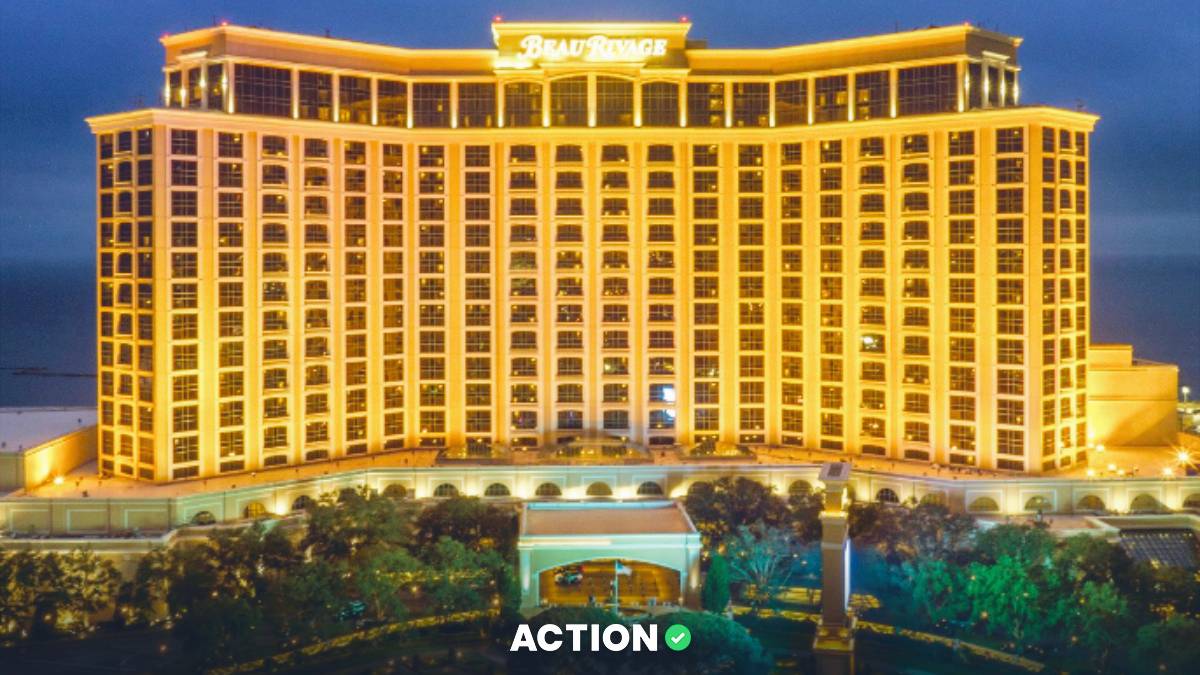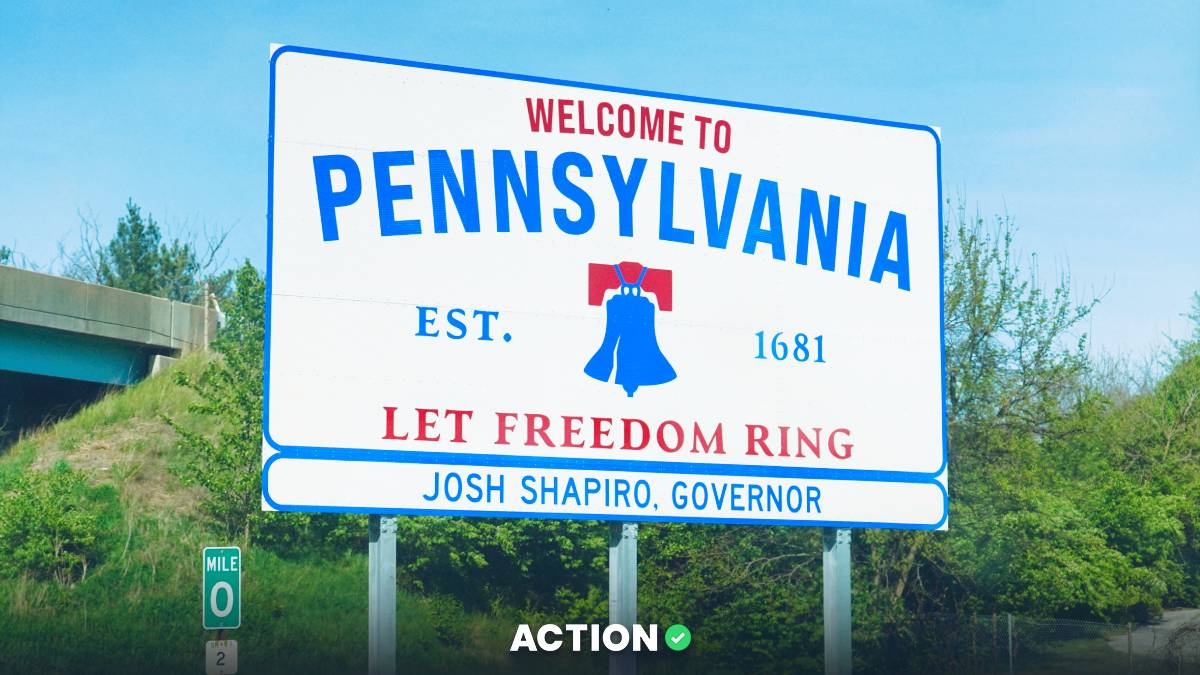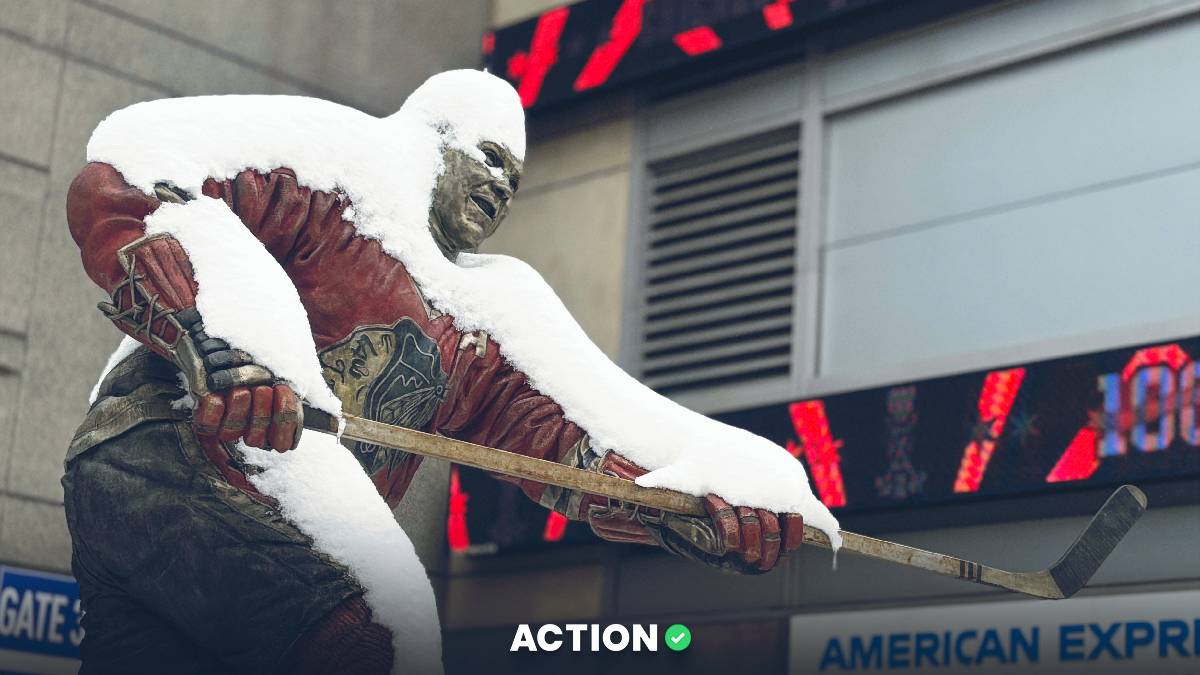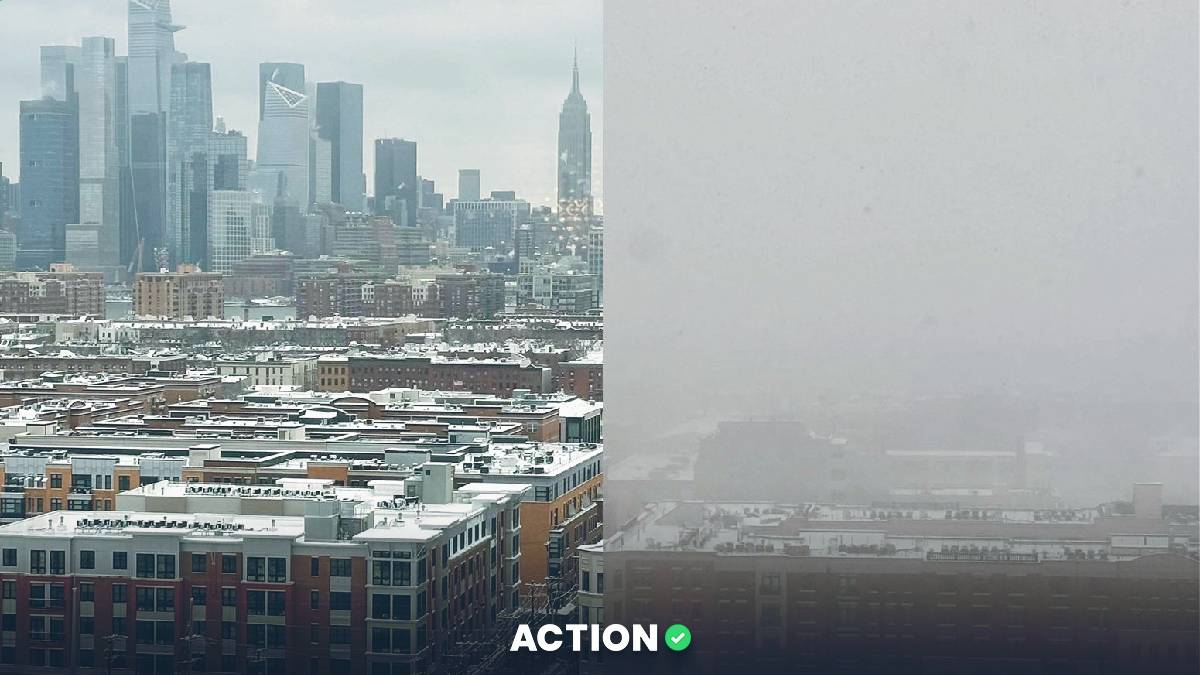The debate over the new gambling tax rule in the "One Big Beautiful Bill" (OBBB) is heating up.
Lawmakers from both political parties are quickly coming together to try to stop the controversial rule, which limits tax deductions for gambling losses to 90%. They want to act before the rule begins on January 1, 2026.
The recent field hearing by the House Ways and Means Committee in Las Vegas sparked numerous discussions on the impacts of the bill and had some lawmakers regretting it was included in the first place.
The hearing drew attention to various provisions in the OBBB, with a particular focus on the alterations to gambling tax deductions. This contentious issue has caused a stir in the gambling and gaming industry, prompting reactions from local workers, business owners, and policy leaders.
Big Beautiful Bill Sparked Gambling Loss Deduction Controversy
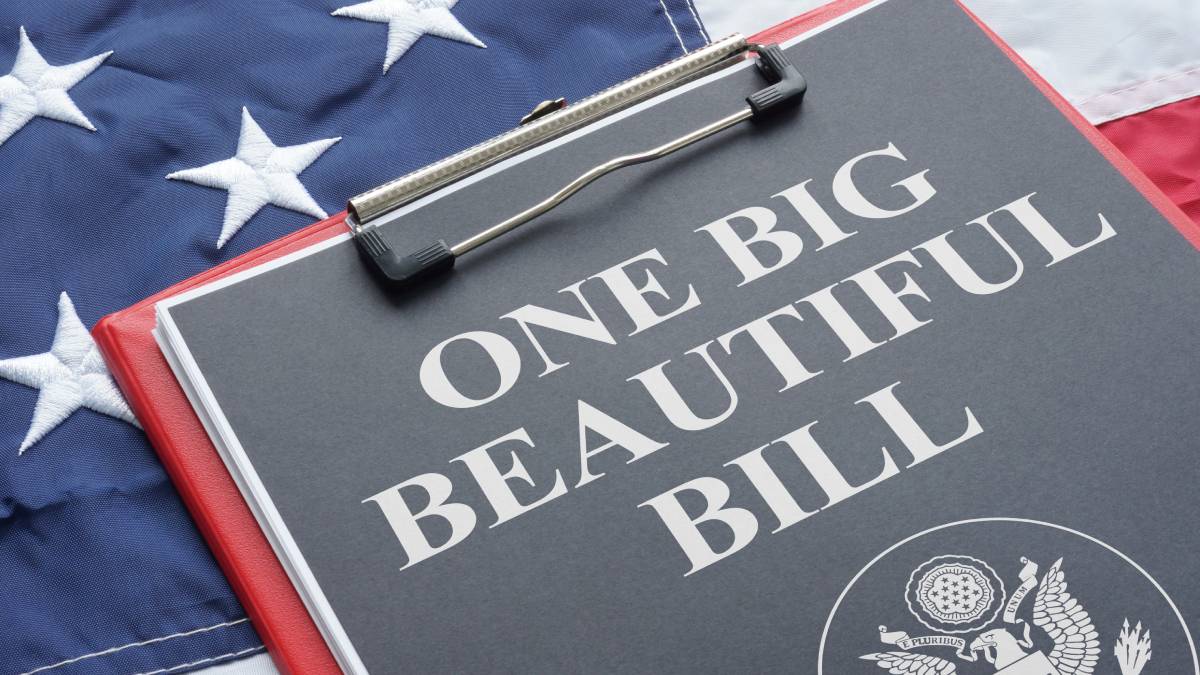
One of the most debated developments from the OBBB is the adjustment to the gambling loss deduction, reducing it from 100% to 90%.
Starting January 1, 2026, gamblers will only be able to deduct 90% of their losses against their winnings for tax purposes. This change raises concerns about gamblers having to pay taxes on "phantom income" they never actually received. For instance, gamblers who win and lose equal amounts over a year would still face taxation on 10% of their winnings.
Industry and Community Backlash
The inclusion of this tax hike in President Donald Trump’s megabill has been met with regret from some top Republicans.
They are now advocating to reverse this decision due to fierce criticism from professional gamblers, casino operators, and community leaders. Concerns have been raised that this adjustment could threaten the viability of professional gambling and the local gaming industry, potentially driving some activities offshore or forcing individuals to abandon professional betting careers altogether.
One change that gamblers like is the one tied to slot machine winnings.
Lawmakers' Commitment To Address the Issue
During the hearing, Committee Chairman Jason Smith (R-MO) assured attendees that efforts would be made to invalidate the gambling tax deduction change before it takes effect in 2026.
He emphasized that this provision was a last-minute addition by the Senate, not included in the original House version of the OBBB. Smith described the new law as a “mistake” that needs rectification and pledged to work with lawmakers across party lines to resolve the issue.
Supporting this cause, Rep Dina Titus (D-Nevada), introduced the FAIR BET Act to restore the full deduction for gambling losses.
This move has garnered bipartisan support, reinforcing the committee's commitment to addressing the problematic provision.
Wider Bill Impacts and Community Reaction
While gambling tax deductions dominated the local conversation, OBBB also includes several other initiatives.
It aims to eliminate taxes on tips, overtime, and Social Security, alongside boosting tax cuts for blue-collar workers and seniors. Witnesses at the hearing highlighted the relief these measures would bring to service industry workers, such as casino staff in Las Vegas, who will no longer see their tips taxed.
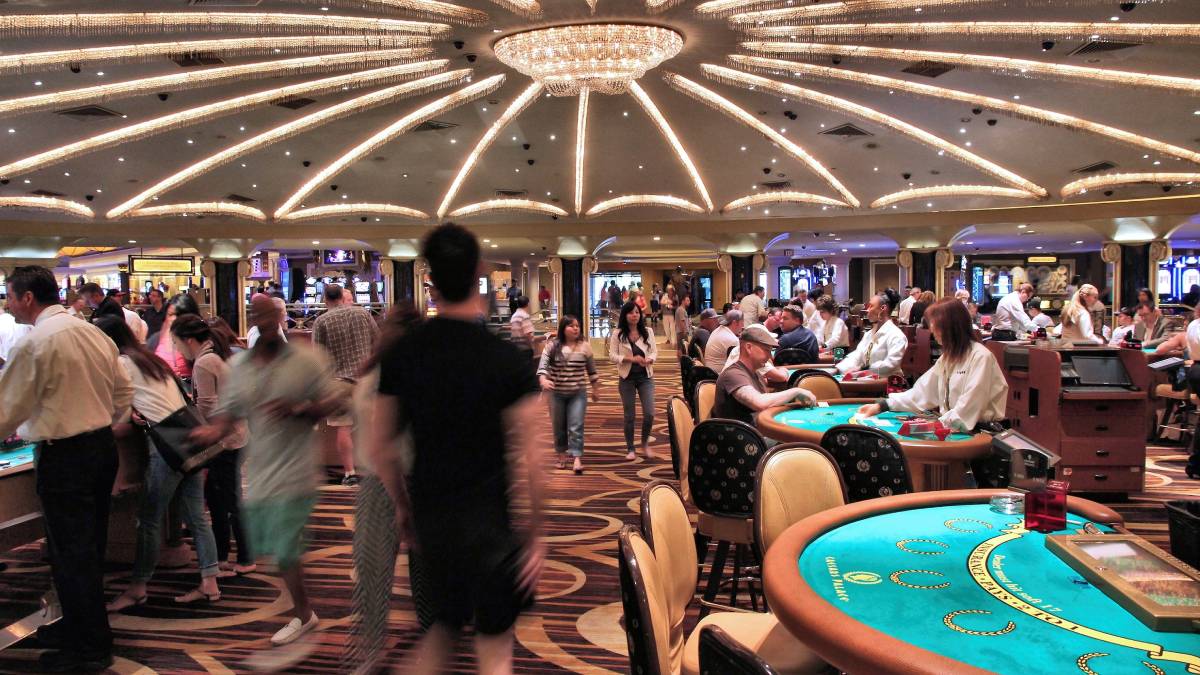
Major casino operators, like MGM Resorts, have been vocal in expressing concerns about the gambling tax change, although they have praised other aspects of the bill. There is noticeable momentum within Congress, particularly from representatives of gaming states, to dismantle the tax deduction cut by the end of 2025. Multiple bipartisan-supported bills are being drafted to restore the previous rules.
The committee's decision to leave the hearing open for written public comments underscores a commitment to consider the issues raised by both the gaming industry and the local community.
What’s Coming Next for the Big Beautiful Bill?
The House of Representatives isn't expected to be back from summer break until September. This gives lawmakers less than four months to change the current rule, which reduces the deduction to 90%, before it starts on January 1, 2026.
So where do we go from here? As the 2026 implementation date for the new tax deduction approaches, the gambling community remains vigilant, advocating for legislative fixes to prevent any negative impact on their industry and their bottom lines.
Here's what you can expect in the coming weeks:
- Committee Hearings & Floor Action: As Congress returns from its summer recess, expect further hearings in the House Ways and Means Committee and possible floor debate if enough momentum coalesces behind the FAIR BET Act or a similar repeal bill.
- Public Advocacy: Professional gamblers, casino employees, and industry trade groups are mobilizing to encourage affected individuals to lobby their representatives while the window for reversal remains open.
- Temporary Status Quo: Unless Congress acts before the end of 2025, the 90% cap will become the law of the land for the 2026 tax year.
The main fight now is legislative—a race to pass the FAIR BET Act or a comparable fix to undo the gambling deduction cut before the new rule triggers a tax hike on millions of gamblers. All eyes are on Congress in the coming months for action.


